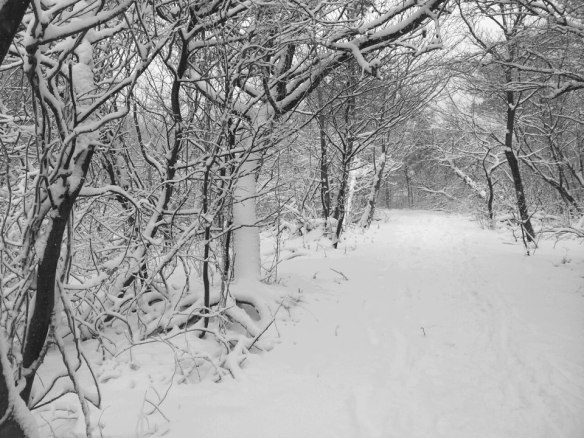Translated by Chae-Pyong Song and Anne Rashid
The Salted Mackerel* by Park Hoo-ki (1968- )
The night a poor father sleeps, embracing a pitiful son,
the night a child sleeps, dreaming of a dry blanket and a hot dish,
the night the big sorrow sleeps, embracing the small sorrow,
the night at the subway station the sleet rubs salt in the wound,
turning over the leaves of newspapers.
*The salted mackerel is one of the most common fish for the working class people in Korea.
자반고등어/박후기
가난한 아버지가 가련한 아들을 껴안고 잠든 밤
마른 이불과 따끈따끈한 요리를 꿈꾸며 잠든 밤
큰 슬픔이 작은 슬픔을 껴안고 잠든 밤
소금 같은 싸락눈이 신문지 갈피를 넘기며 염장을 지르는, 지하역의 겨울 밤
출전: 시집, “내 귀는 거짓말을 사랑한다”










